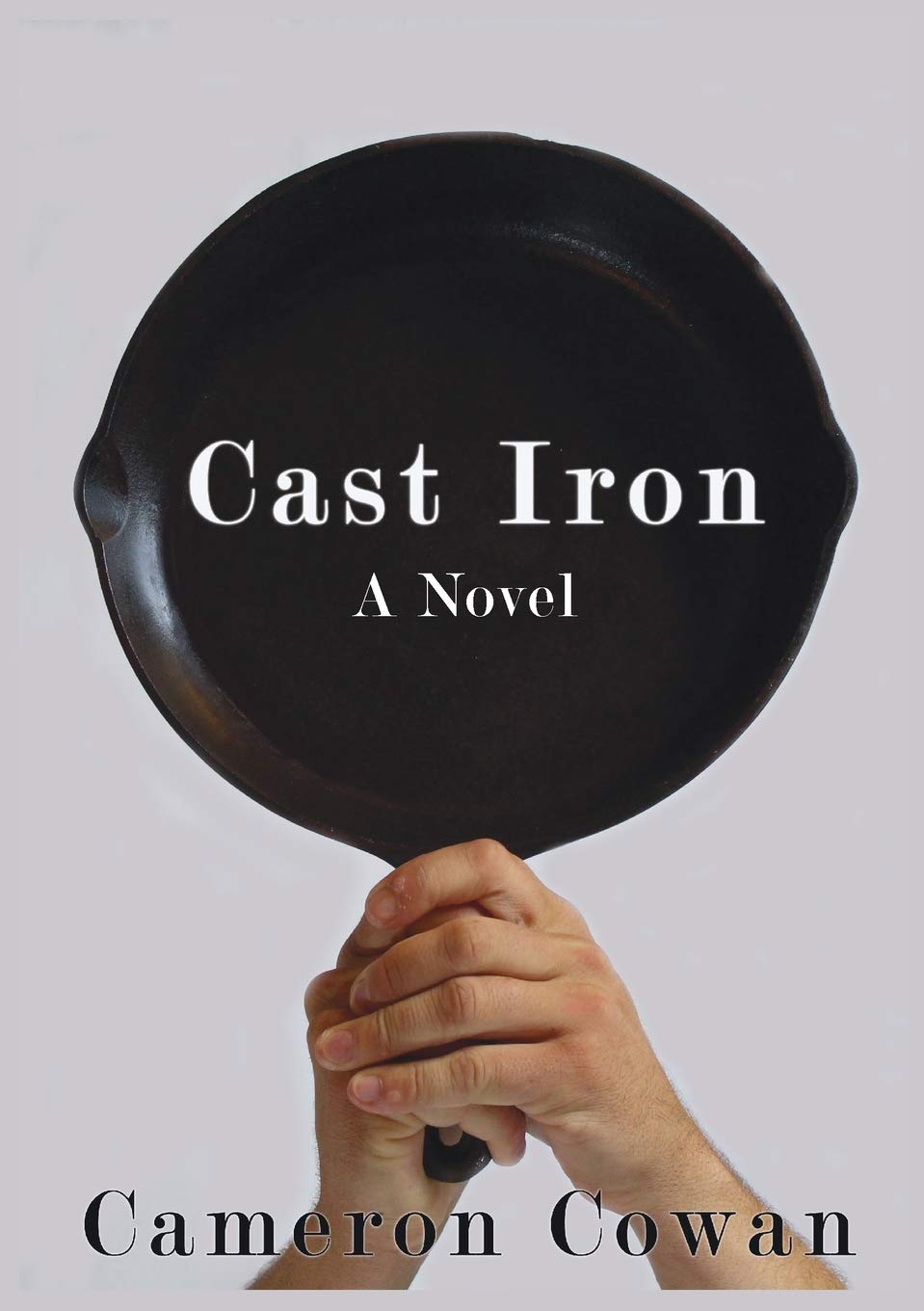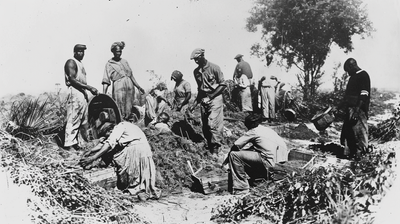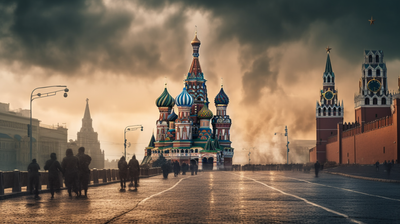When I did the audio version of this piece, I used various execution pieces from multiple movies to create a soundscape. Interestingly, I did not intend for this episode to have creepy vibes, but that is how it came out.
The death penalty is one of the oldest punishments known to humanity. Just as we needed to tacitly agree not to kill each other to collaborate within a tribe, the tribe choosing to kill you became the ultimate punishment. Over time, the death penalty has been reserved for the highest of crimes, usually murder.

Whether we like it or not, the Death Penalty has been a part of civilized human society. The idea that the Death Penalty is somehow wrong or should be banned is a 20th-century phenomenon. We only have one life; the most power any human being can have over another is to end that life and dispose of the biological material accordingly. It is the surest way to remove someone from society forever. This is a grave power to have.

The Power of Death
The power of death has often been reserved for specific people within society. In ancient Rome, there were symbols of power like the fasces. The fasces were a bundle of sticks that symbolized a magistrate had the power of death and could order executions. The Death penalty has also been reserved for the power of the monarchy's Sovereign and the ability to commute the sentence. One of the most well-known stories of this is in the story of Jesus Christ, where Pontious Pilot uses his power as Roman governor and offers the crowd either of the thieves or Jesus, and they set one of the thieves free. The image of the Pontious Pilot washing his hands after sentencing Jesus to death for treason again in Rome is still used as a metaphor for cleaning oneself after doing something terrible.
In most cases, the death penalty is only applied if a jury is unanimous. Britain has a similar system, but the jury does not handle sentencing; the judge determines that. First is an inquest into the death, a trial, and sentencing. Britain used hanging as its most common form of the death penalty until the 1970s.
In most European countries, the Death Penalty is no longer used. This is also true in several American states. The Federal government executes people but rarely. When someone cannot be trusted to behave in a civilized manner and harms others, they must be locked away from people or ended. Some criminals commit severe crimes, and death is often considered the only reasonable option. Timothy McVeigh, who masterminded the bombing of the Murrah Federal Building in Oklahoma City, was executed in Federal prison. After announcing his death, his father walked outside and mowed his lawn.

The Ritual of Death
There are particular rituals around putting someone to death. It is always a serious thing. Traditionally the executioner has their face covered so the family cannot seek revenge. The person killed will usually be offered a last meal, although that has been a reasonably modern tradition since the Renaissance. The executed will often have their face covered, but that often depends on the culture and the method of execution. The damned will be offered an opportunity to say their last words. Religious leaders will be on hand to provide previous religious rites.
Then whatever method of execution will be used is done, and the person is dead, usually in a few minutes. In America, it is Constitutionally prohibited for people to suffer, which is based on a tradition that if the state is going to kill someone, it should at least be done quickly and humanely. This is why lethal injection has become the most popular method, although that is coming under new difficulties.
Religion plays a part in determining who should be put to death, why, and how. The most famous modern examples are in Islam, where women can be stoned to death for adultery. Homosexuals are thrown from roofs for their "perversion."
The Death Penalty is an odd portmanteau of religion, culture, society, and law. We want to be sure that someone is suited to die for a crime and that it is done in a certain way. For example, the execution of Mary, Queen of Scots, was scandalous because a person of royal blood could only be executed with a sword. She was killed with an axe, and it took two strokes for her head to be entirely removed from her body.
Famous executions
There are some quite famous executions
- Mary, Queen of Scots (for treason against her sister Elizabeth I)
- Louis XVI (French Revolution)
- Marie Antoinette (French Revolution)
- Guy Fawkes (Treason against the British Crown)
- Che Guevara (Sedition, communist)
- Socrates (genera nuisance to society)
- Joan of Arc (heresy)
- Oliver Cromwell (treason)
- Nicholas II (Russian Revolution)
- Ted Bundy (serial killer)
- The Unabomber (serial killer)
- Patrice Lumumba (leader of Zaire)
- Ernst Rohm (nazi)
- Jesus Christ (treason against Rome)
Methods
Methods for killing someone judicially vary; many have existed since antiquity. We, humans, are experts, figuring out ever more elaborate and often cruel ways of killing each other. From the earliest clubs to nuclear weapons, killing other humans is something we spend a great deal of time on.
These include:
- Crucifixion
- Guillotine
- Beheading
- Gas
- Gun
- Drawing and quartering
- Disembowelling
- Flogging
- Drowning
- Burning
- Stoning
- Falling on the sword
- Electric chair
- Hanging
- Derogate
Styles and methods of execution have existed across cultures, and this is not an exhaustive list. I recently heard of one used in the 7th century where people were executed by having their backs cut open, their ribs broken, and their lungs pulled out to look like wings.

Cast Iron (a Novel) by Cameron Cowan
When Randy Carruth starts a new life with his sister, mother, and new husband, he never anticipates that this new life could be dangerous and even deadly. Cast Iron explores what happens to a young man lost in the prison system and lost in the world on a journey of forgiveness.
Cast Iron is the story of Randy Carruth, who discovers that his new step-father is not what he seems. He tolerates it for a time, believing that he can do nothing. One day, when he discovers his sister being attacked, he makes a fateful decision that sends him to jail. After being released, Randy enters a world of drugs and male prostitution. Will he ever find his way home? Can he find forgiveness for those that have wronged him and broken his heart?
The Death Penalty Today
The end of lethal injection has come to the US as the company that made one of the drugs was based in Europe and refused to export the drug further. Other methods are being explored. In Utah, death penalty inmates can request a firing squad for the death penalty. That being said, there are 2637 (as of 2019, the most recent year of data) prisoners on death row. Those slated to die can end up in appeals for years. The overturning of convictions is so rare that it is news when it happens. The documentary, Making a Murderer on Netflix took the country by storm several years ago by exposing a man who had seemingly been framed for murder and was being locked away unnecessarily.
Cases of false confessions abound. The police and prosecutors are profoundly racist and classist. With great trepidation, we put someone to death because there might be evidence that would exonerate them or add circumstances to the case that make the person undeserving of death.
The death penalty is a moral dilemma for many in the West. Some still believe in the practice, and those consider it barbaric. Anyone who is killed faces the permanence of death. They are still a human, and they belong to someone. Life is life.
The death penalty isn't a moral question but a logistical one. When asked about this, I have remarked that I agree with the Death Penalty, but the criminal justice system is flawed. And that is the primary argument against the Death Penalty. Sometimes people will commit crimes worthy of death, and perhaps the families deserve that justice. However, we must be assured that the justice system has done its job correctly, and we can't do that now.
Whether one agrees with the Death Penalty is a question of how one considers humanity and whether one is willing to deal with the harsh truths about human nature. Admitting that people should die for their crimes is difficult for many. The reality is that everyone--anyone--is capable of violence. Many don't want to admit that truth.







